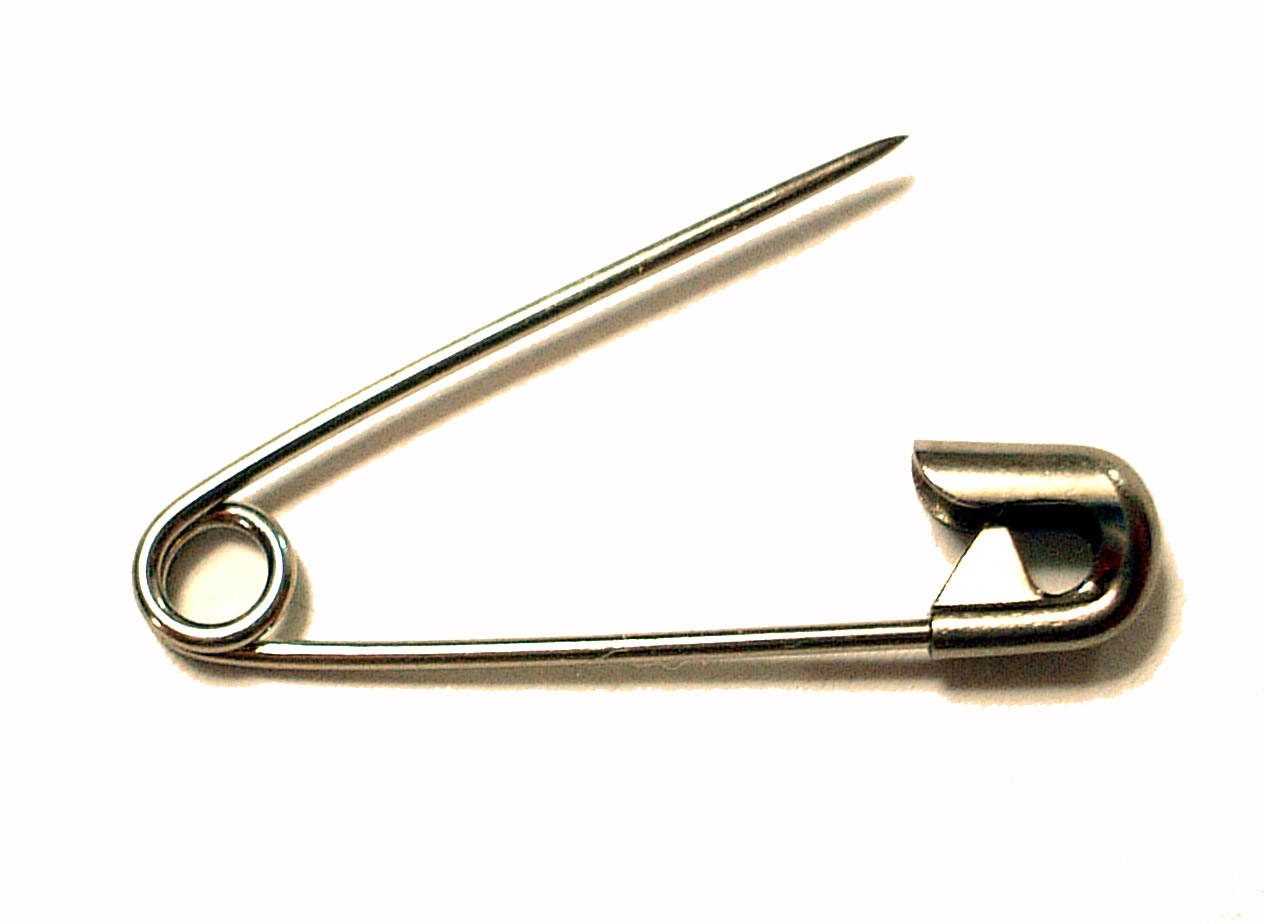Tomorrow a statement will be read out in Methodist churches
around the country calling on Methodist people to challenge racism and
discrimination. The statement is the
text of a resolution passed at the Methodist Conference last week which was
brought in response to the apparent rise in racist incidents over recent weeks.
It is important that our Church proclaims its position that
“racism is a denial of the Gospel”, as it says in our standing orders. I hope that people will follow the
encouragement of the Conference to write to their MPs to express their hope for
political debate
which neither demonises any nor leaves the vulnerable in danger of
victimisation.
Yet
this is not enough. It is a start in our good endeavours, not an end in itself. And those of us who
are in a position of white privilege need to be careful that we are not
assuming to speaking on behalf of others.
This
is particularly the case around the campaign to wear an empty safety pin. This initiative was started as an attempt to
indicate that the person wearing it was a safe person to sit next to and would
not subject another to intolerance or abuse.
It is intended to be a “pin of safety”.
It has been taken up by many people, including the Methodist Conference,
out of a desire publicly to demonstrate resistance to racism.
- A safety pin doesn’t make me not a racist. It might indicate my desire to challenge racism...but I recognise that I still have unconscious and unarticulated racist assumptions. Despite my desire to expunge racism from my life, I have grown up in a society which has, and continues to, subject people to racism. I have benefited from a society which has been built on historic racist practices. I acknowledge with shame that, although I try to resist racism, I cannot claim myself flawless in this regard.
- As a result I need to listen to the insights of people who experience racism even more closely. Unfortunately wearing a safety pin might make it harder to do this. Instead I am occupying the space of the debate. It becomes about me and my feelings. I want to show I am anti-racist. I want to do something. I was talking to a friend yesterday who asked, “what do you want me to do when I see you wearing a pin? Say thank you to you?!” The danger is that wearing a pin becomes about me, and not about the people who most need to be listened to.
- And this raises the question of who we need to listen to. The safety pin initiative and the post-Brexit concerns have focused on emergent racism largely (but not solely) against eastern Europeans. Racism is not something which started after the referendum. To our shame racism is part of the lived and daily experience of too many people in our country. To focus on “the foreigner, the immigrant and refugee” risks ignoring British Black and Minority Ethnic people. People who have lived here all their lives. People who experience abuse and micro-aggression daily. The Methodist Conference was appalled to hear the experiences of one Black minister who detailed the casual racism at the hands of his congregation. Our Church should be appalled and ashamed that this is happening in our own community of faith. And we need to listen to our members who experience it.
Rachel Lampard and Roger Walton

No comments:
Post a Comment